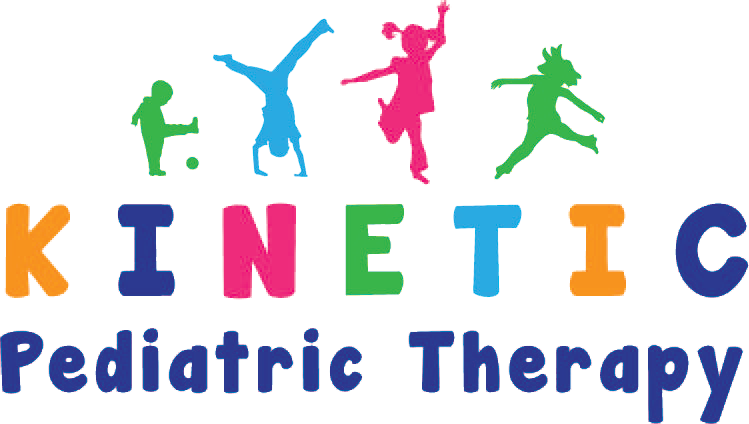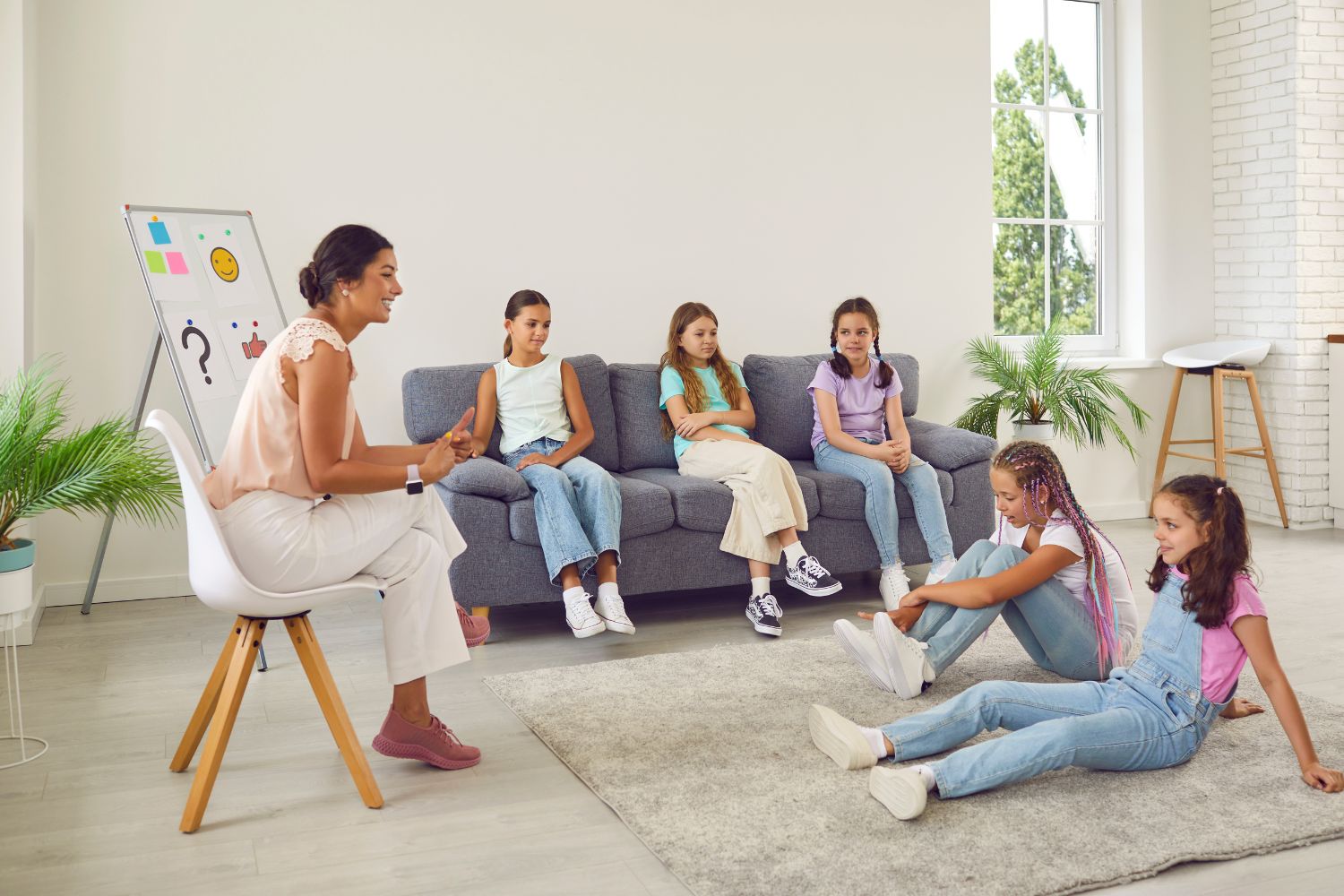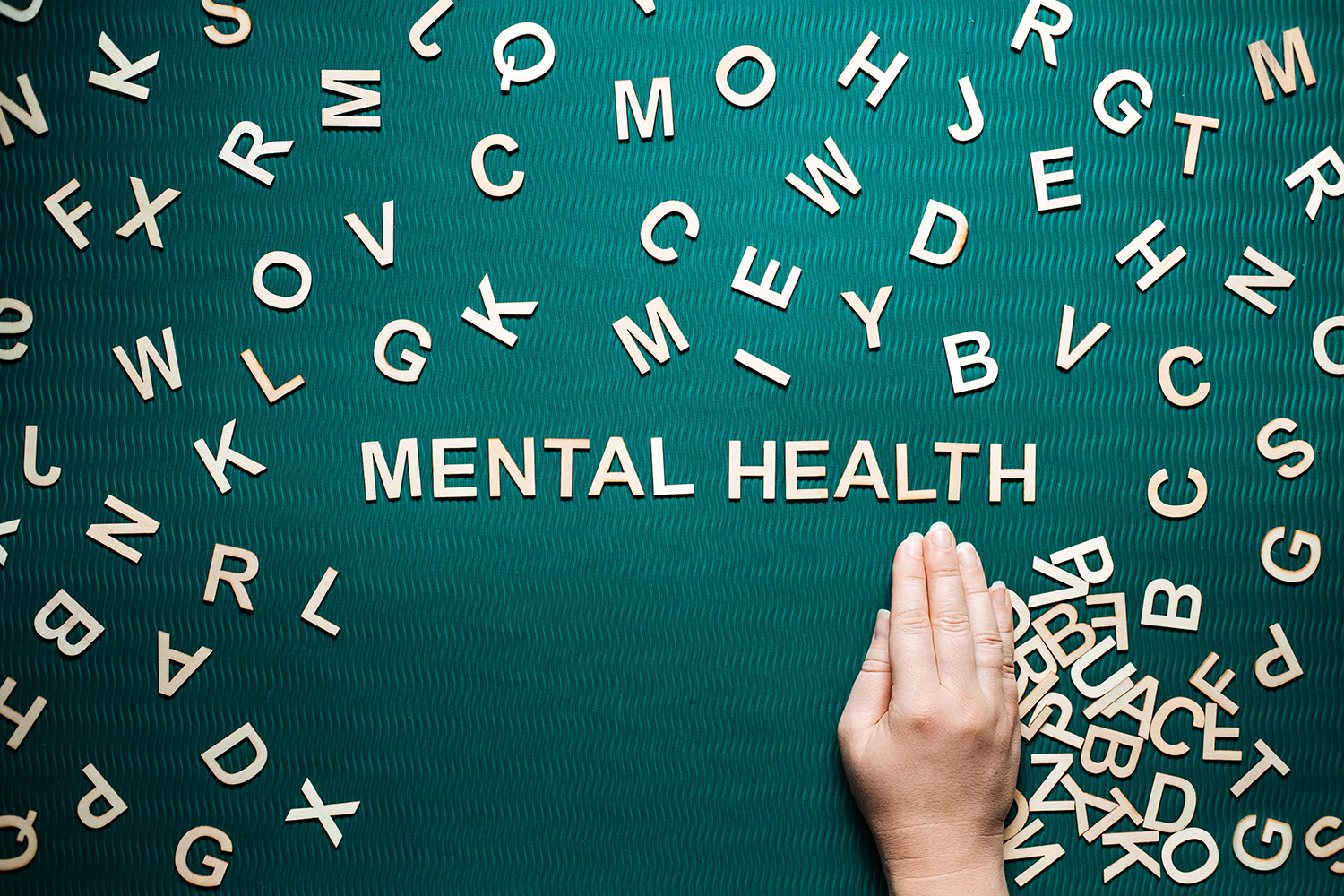
How Behavioral Therapists and Educators Can Work Together: Collaborative Approaches
Creating an environment where students can thrive academically, socially, and emotionally requires a collaborative approach. Behavioral therapists and educators play vital roles in this process, each bringing unique expertise to address the diverse needs of students. When these professionals work together, the results can be transformative, enabling students to overcome challenges and achieve their fullest potential.
At Kinetic Pediatric Contract Therapy, we specialize in fostering partnerships between behavioral therapists and educators. Through this collaborative effort, we empower schools and families to provide holistic support for students, ensuring their success inside and outside the classroom.
Why Collaboration Between Behavioral Therapists and Educators Is Essential
Students face a variety of challenges that can impact their learning experience, from behavioral issues and social difficulties to developmental delays and emotional struggles. While educators focus on delivering academic instruction, behavioral therapists address the underlying issues that can interfere with a child’s ability to learn and engage effectively.
By working together, behavioral therapists and educators can:
- Identify and address the root causes of behavioral challenges.
- Develop strategies to support emotional regulation and positive behavior.
- Create a consistent approach to managing challenges across home, school, and therapy settings.
- Equip students with the tools they need to succeed academically and socially.
The Role of Behavioral Therapists in Schools
Behavioral therapists focus on helping students develop the skills they need to manage emotions, regulate behaviors, and navigate social situations. Their expertise is particularly valuable for students with autism spectrum disorder (ASD), ADHD, anxiety, or other behavioral and emotional challenges.
Key responsibilities of behavioral therapists include:
- Conducting assessments to identify behavioral triggers and patterns.
- Developing individualized behavior intervention plans (BIPs).
- Teaching coping strategies, social skills, and emotional regulation techniques.
- Collaborating with educators and families to ensure consistent support.
The Role of Educators in Behavioral Support
Educators have a unique perspective on students’ daily behaviors and interactions within the classroom. They play a critical role in implementing strategies designed by behavioral therapists and providing real-time feedback on what works.
Key responsibilities of educators include:
- Establishing a structured and supportive classroom environment.
- Reinforcing positive behaviors and implementing intervention plans.
- Monitoring progress and communicating with behavioral therapists.
- Adapting teaching methods to meet the needs of diverse learners.
Together, behavioral therapists and educators create a powerful support system that addresses the whole child, enabling them to overcome obstacles and reach their goals.
Strategies for Effective Collaboration Between Behavioral Therapists and Educators
Collaboration between behavioral therapists and educators requires open communication, shared goals, and a commitment to the student’s success. Here are some strategies for fostering effective partnerships:
- Establish Clear Goals and Expectations
From the outset, both parties should agree on specific goals for the student’s development. These goals should be measurable, achievable, and aligned with the student’s individual needs.
- Communicate Regularly
Consistent communication is key to ensuring that strategies are implemented effectively and adjusted as needed. Regular meetings, progress reports, and shared notes can help keep everyone on the same page.
- Share Insights and Expertise
Behavioral therapists bring a deep understanding of behavior patterns and intervention techniques, while educators offer valuable insights into how students interact in a classroom setting. Sharing this knowledge ensures a well-rounded approach.
- Use Data to Drive Decisions
Both behavioral therapists and educators should track progress using data. This may include behavior charts, academic performance records, or anecdotal observations. Data-driven decisions ensure that interventions are effective and adapted as needed.
- Involve Families
Parents and caregivers are critical partners in supporting a child’s development. Both behavioral therapists and educators should involve families in the process, providing resources and strategies for consistent support at home.
Benefits of Collaboration Between Behavioral Therapists and Educators
When behavioral therapists and educators work together, the impact on students can be profound. Some of the key benefits include:
- Improved Student Outcomes
Collaborative efforts lead to more effective interventions, enabling students to develop the skills they need to succeed academically and socially.
- Enhanced Classroom Environment
A unified approach to behavior management creates a more positive and supportive classroom atmosphere, benefiting all students.
- Professional Growth
Educators gain valuable insights into behavioral strategies, while therapists better understand the dynamics of the classroom. This mutual learning enhances the effectiveness of both roles.
- Stronger Relationships with Families
Collaboration fosters trust and transparency with families, ensuring that everyone involved in the student’s life is working toward shared goals.
Addressing Common Challenges in Collaboration
While the benefits of collaboration are clear, there are often challenges that need to be addressed to ensure success. These may include:
- Time Constraints
Finding time for meetings and communication can be challenging. Scheduling regular check-ins and using digital tools for updates can help overcome this barrier.
- Differing Perspectives
Behavioral therapists and educators may have different approaches or priorities. Open dialogue and a focus on the student’s needs can bridge these gaps.
- Lack of Training
Educators may feel unprepared to implement behavioral strategies. Providing professional development and ongoing support can build confidence and competence.
At Kinetic Pediatric Contract Therapy, we offer training and resources to help educators feel empowered in their role.
The Role of Behavioral Therapists and Educators in Long-Term Success
Collaboration between behavioral therapists and educators goes beyond addressing immediate challenges—it lays the groundwork for long-term success. By equipping students with the skills they need to navigate academic, social, and emotional challenges, this partnership prepares them for a brighter future.
Key areas of impact include:
- Increased Independence: Students learn to manage their own behaviors and advocate for their needs.
- Improved Social Skills: Collaborative efforts help students build meaningful relationships with peers and adults.
- Enhanced Academic Performance: By addressing behavioral barriers, students can focus on learning and achieving their goals.
Why Choose Kinetic Pediatric Contract Therapy?
At Kinetic Pediatric Contract Therapy, we are dedicated to fostering collaboration between behavioral therapists and educators to support student success. Our team provides:
- Expert Guidance: Experienced therapists who specialize in school-based behavioral interventions.
- Tailored Solutions: Individualized plans that address the unique needs of each student and school.
- Ongoing Support: Training, resources, and communication tools to ensure effective collaboration.
Visit our behavioral therapy page to learn more about our services and how we can help your school create a supportive learning environment.
Building a Brighter Future Together
The partnership between behavioral therapists and educators is a powerful tool for helping students overcome challenges and reach their full potential. By working together, these professionals create a holistic support system that addresses the academic, social, and emotional needs of every student.
If your school is ready to enhance collaboration and provide better support for students, contact Kinetic Pediatric Contract Therapy today. Together, we can build a brighter future for all learners.
🧠 Empower your students with personalized behavioral support! Kinetic Pediatric Contract Therapy offers tailored Behavioral Therapy services to schools across North Carolina, helping children thrive both academically and socially. Our expert therapists work closely with educators and families to address emotional, social, and behavioral challenges, ensuring each child receives the care they need to succeed. 🌟 Let’s create a positive learning environment together—contact us today to bring our Behavioral Therapy services to your school and support every student’s success!
Please Share




